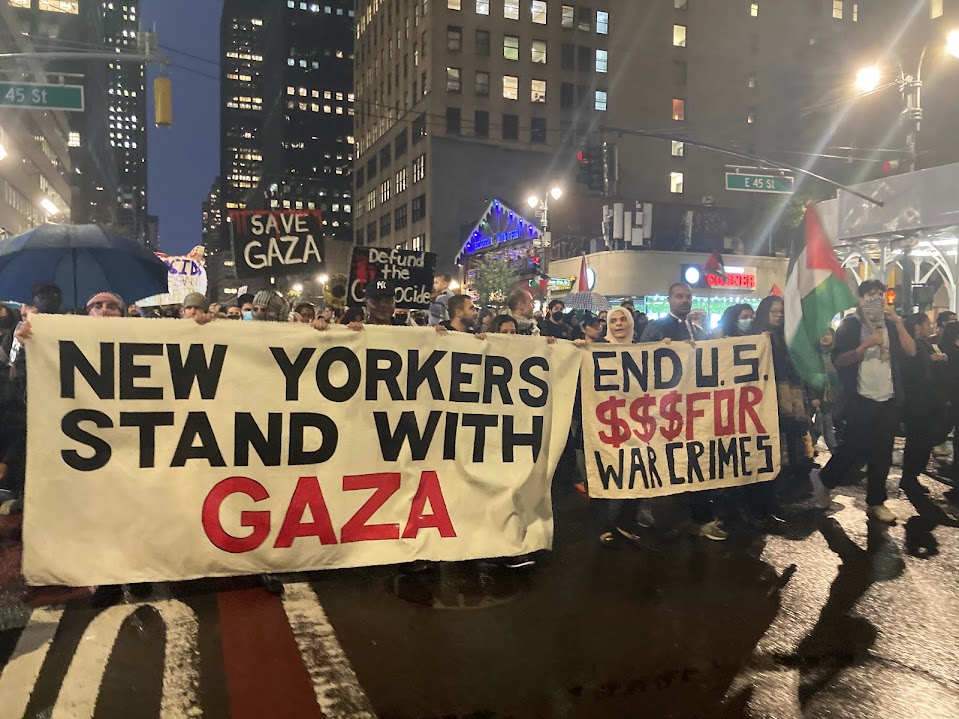
The Israel-Gaza conflict has been central to the discourses around international peace since 7 October 2023 when Hamas fighters stormed the Israel borders and killed 1,200 people and took more than 250 hostages back to Gaza. Since then, calls for a ceasefire have been repeatedly rejected by both Hamas and the Israeli government, but the Israeli government’s approval of a ceasefire on 17 January 2025 is set to change this. Despite the Israeli president, Isaac Herzog, welcoming his security cabinet’s decision to ratify the ceasefire agreement, Itmar Ben-Gvir, the country’s far-right security minister is less keen, and has urged his allies to stop the agreement.
The ceasefire, which will come into action on Sunday 19 January, will include beginning the release of hostages still held in Gaza in return for the Palestinian prisoners in Israeli jails. Part of the first phase of the agreement will also see Israeli forces pulling out of populated areas of Gaza and allowing displaced Palestinians to return home. It will also allow aid lorries to be allowed into the area each day to begin treating all those affected by the conflict.
The second phase of the agreement, for which negotiations are scheduled to start on the 16th day of the ceasefire, will see the remaining hostages and prisoners allowed to return home and a full withdrawal of Israeli troops to create a ‘sustainable calm’. The final phase would involve the reconstruction of Gaza, which could take years given the way this war has ravaged the city.
Over the course of the 15-month conflict, more than 46,707 Palestinians have been killed, and a further 11,160 are missing, leaving Gaza with an overall 6% reduction in its population, which was 2.3 million at the start of the war. The war has also displaced 90% of the Gazan people. Those still alive and able to return to Gaza are not going back to what they left: researchers estimate around 60% of all buildings in the Gaza strip have been destroyed, and 92% of homes have been either seriously damaged or destroyed.
Qatari Sheikh Mohammed bin Abdulrahman al Thani described the ceasefire agreement as ‘the last chance for Gaza‘, explaining that there cannot be peace without a Palestinian state, and warning that, should it fail, Qatar would make sure it was rehashed and that states were adhering to it. Qatar has been one of the key mediators between Israel and Hamas throughout the conflict, and said that, as guarantor and mediator, they are committed to making sure the deal succeeds.
The success of the ceasefire agreement is paramount in ensuring the safety of both Palestinian and Israeli civilians, and should be treated with the utmost urgency by all actors involved. The international community must continue to show its commitment to the end of this conflict by supporting this critical step in the de-escalation of such a devastating war.
Image: Gaza Ceasefire Now Rally NYC DSA, unnamed author, 2023//CC0 1.0



Average Rating